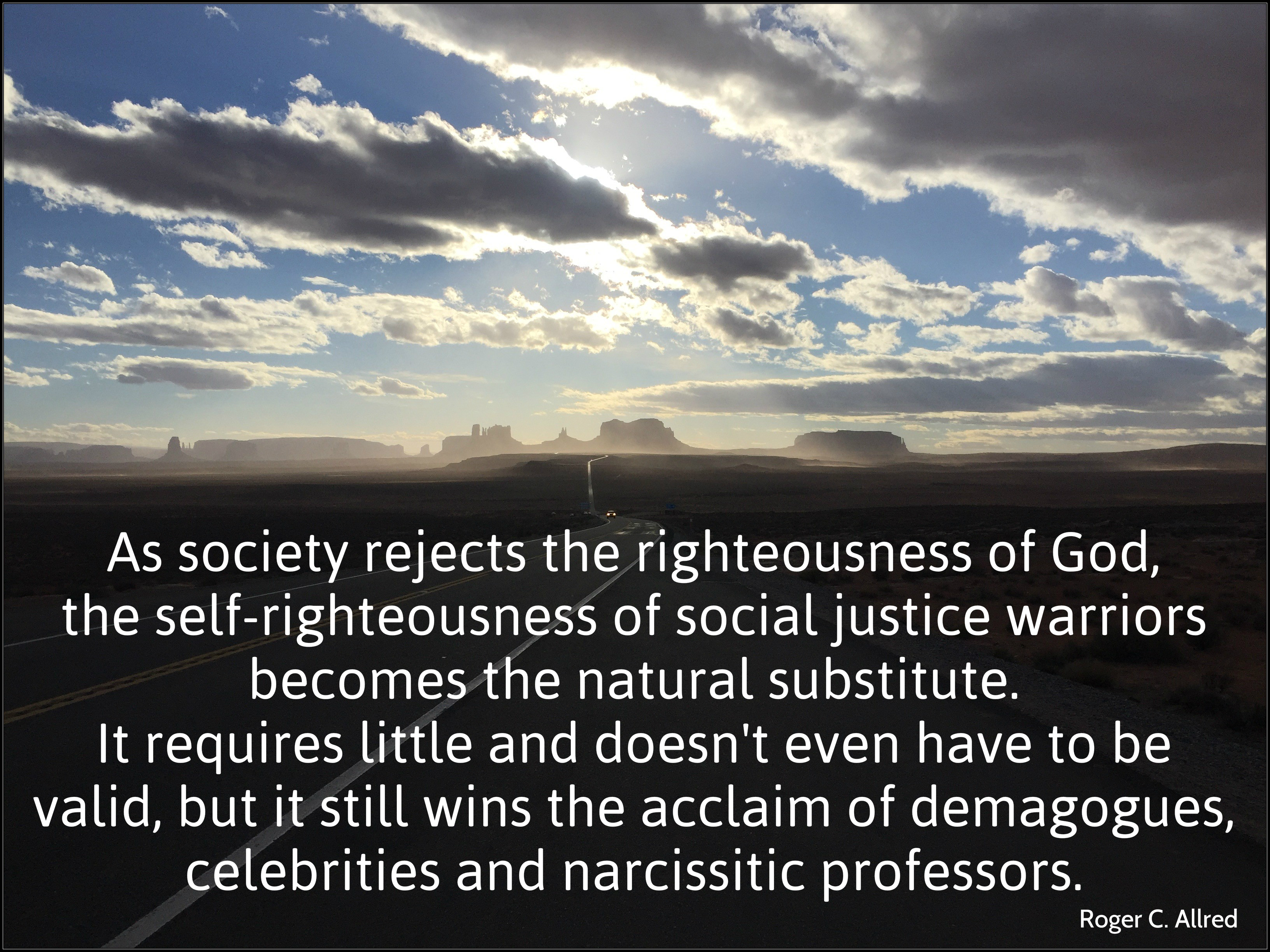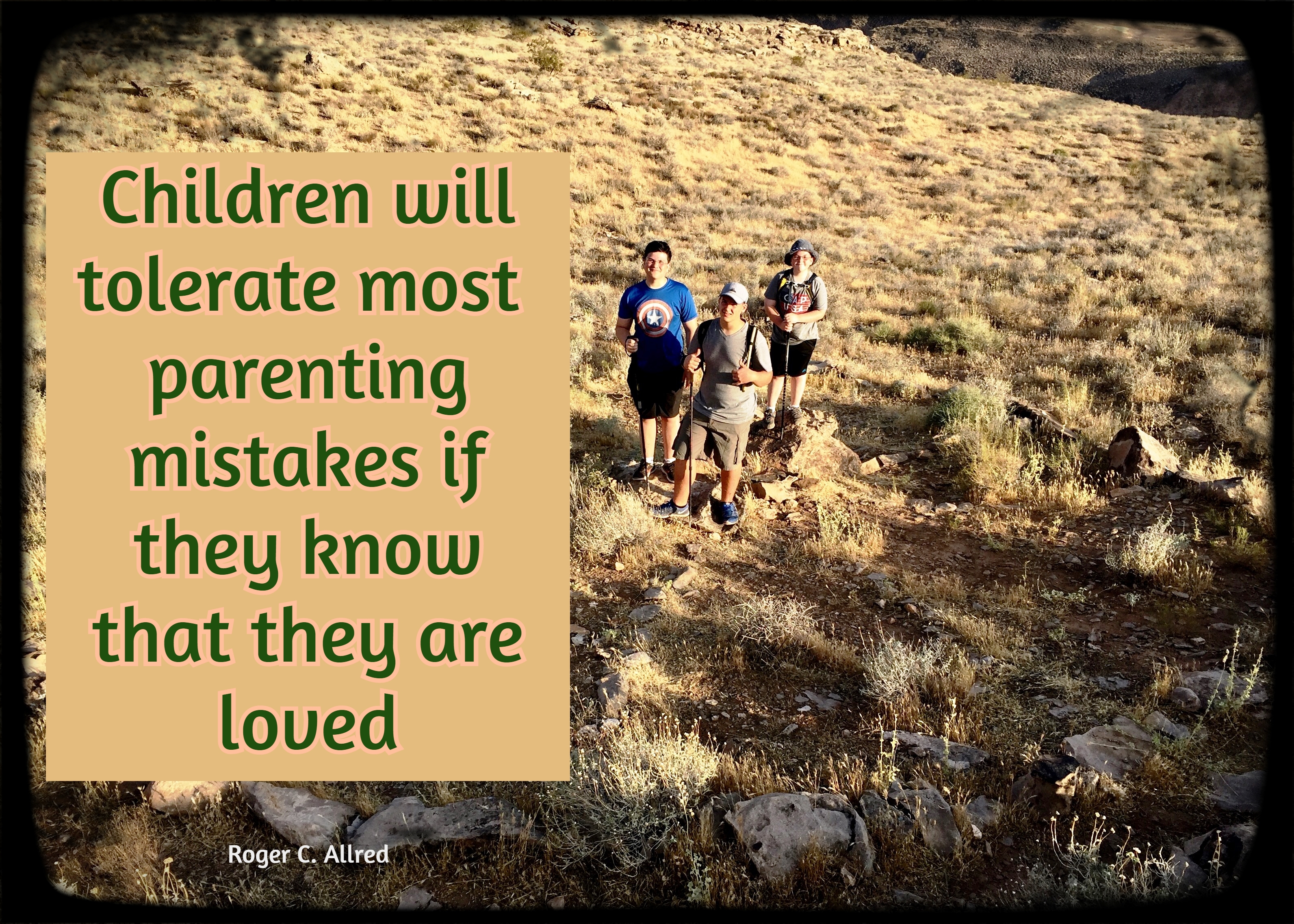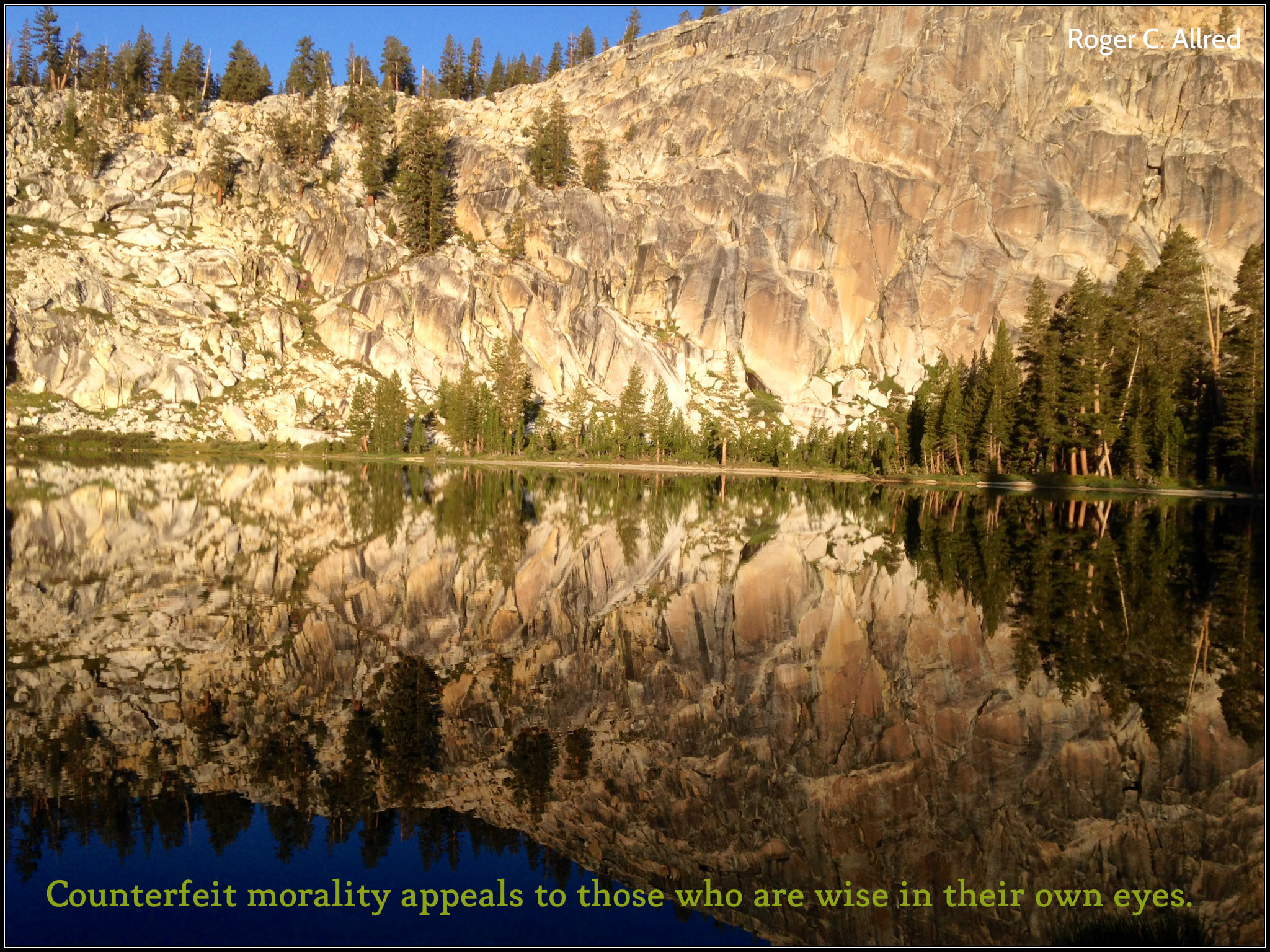 When you are looking for an excuse, any one will do. This statement has almost universal application. As your legal counsel will tell you, “Anyone can sue anyone else, any time for anything.” That does not mean that the lawsuit has merit nor that it will end well, but it is a fact.
When you are looking for an excuse, any one will do. This statement has almost universal application. As your legal counsel will tell you, “Anyone can sue anyone else, any time for anything.” That does not mean that the lawsuit has merit nor that it will end well, but it is a fact.
The same principle applies to leadership. It could be said, “Anyone can justify any poor leadership decision at any time.” This type of self-justification can destroy an organization if the leader is prone to making excuses. As Mitt Romney said, “Leadership is about taking responsibility, not making excuses.”
A leader can talk the talk of leadership but if the leader doesn’t walk the talk, no one will follow. If there is inconsistency in what a leader says versus what he/she does, psychologists call this cognitive dissonance. Cognitive dissonance describes the anxiety that one feels when there is a discrepancy between beliefs and behaviors.
No one likes the feeling of being anxious, so something has change to eliminate or reduce the dissonance. The failing leader can chose to do only one of these three things:
- Walk the talk of leadership. This is, by far, the most difficult choice because it requires a change of attitude and performance. However, it is the only choice for someone who wants to be a successful persuasive leader.
- Stop talking the talk of good leadership and say what he/she really thinks. This is an honest but dangerous approach. All of the leader’s cards are on the table and employees will have to decide if they are willing to work for a tyrant or a crook or an incompetent or a narcissist.
- Or, continue to make excuses – because any one will do. The following are examples of leadership failures by making an excuse:
- I know that we should obey the rules but I am under incredible pressure to get this problem solved in any way I can.
- I know that most leaders praise their employees for a job well done, but I shouldn’t need to praise people for doing their jobs.
- I know that I should allow my employees to use their own initiative and creativity but my employees are dumber than a box of rocks.
- I know that we need to work as a cohesive team but my employees work better when I let them fight it out.
- I know that my goal should be to create a positive work environment but I have to micromanage to get what I want.
- I know that I should train my employees and encourage learning but that’s not the way that I learned the business.
- I know that I should help members of my team to succeed but if they get too much credit, I might look bad.
- I know that I should reward my employees fairly but I am sure that would come back to bite me since “no good deed goes unpunished.”
- I know that I need to create a safe workplace but these goals and policies were developed by someone who doesn’t have to implement them.
- I know that it is more effective to discipline my employees in private and give them suggestions on how to improve but if I yell at them in front of their peers, everyone will know that I am in control.
These ten examples are just a beginning of the excuses that people in positions of leadership use. Everyone is prone to make excuses for poor performance, but the successful leader will diligently work to eliminate excuses and show true leadership.
The “Four Way Test” established by Rotary International is an excellent way to question the virtue of our choices. It will help to determine if a choice is a valid reason or an excuse. This is the Four Way Test:
- Is it the truth?
- Is it fair to all concerned?
- Will it build goodwill and better friendships?
- Will it be beneficial to all concerned?
“When you’re looking for an excuse, any one will do.” Great leaders are those who stop looking.


 The United States of America has always tried to lift the poor and care for the weak. Billions of tax dollars have been spent on aid and assistance. The citizens of the US also donate more to charity than any other people. Almost all Americans support being charitable. It is part of our Judeo-Christian heritage.
The United States of America has always tried to lift the poor and care for the weak. Billions of tax dollars have been spent on aid and assistance. The citizens of the US also donate more to charity than any other people. Almost all Americans support being charitable. It is part of our Judeo-Christian heritage. 



 Since the beginning of mankind, the object and design of our existence has been happiness. Some find satisfaction in their pretty face, sculpted physique, athletic prowess, or the places they have visited, the money they have made or the media acclaim they have received. Sadly, these are all fleeting sources of happiness because people age and trends change.
Since the beginning of mankind, the object and design of our existence has been happiness. Some find satisfaction in their pretty face, sculpted physique, athletic prowess, or the places they have visited, the money they have made or the media acclaim they have received. Sadly, these are all fleeting sources of happiness because people age and trends change.

